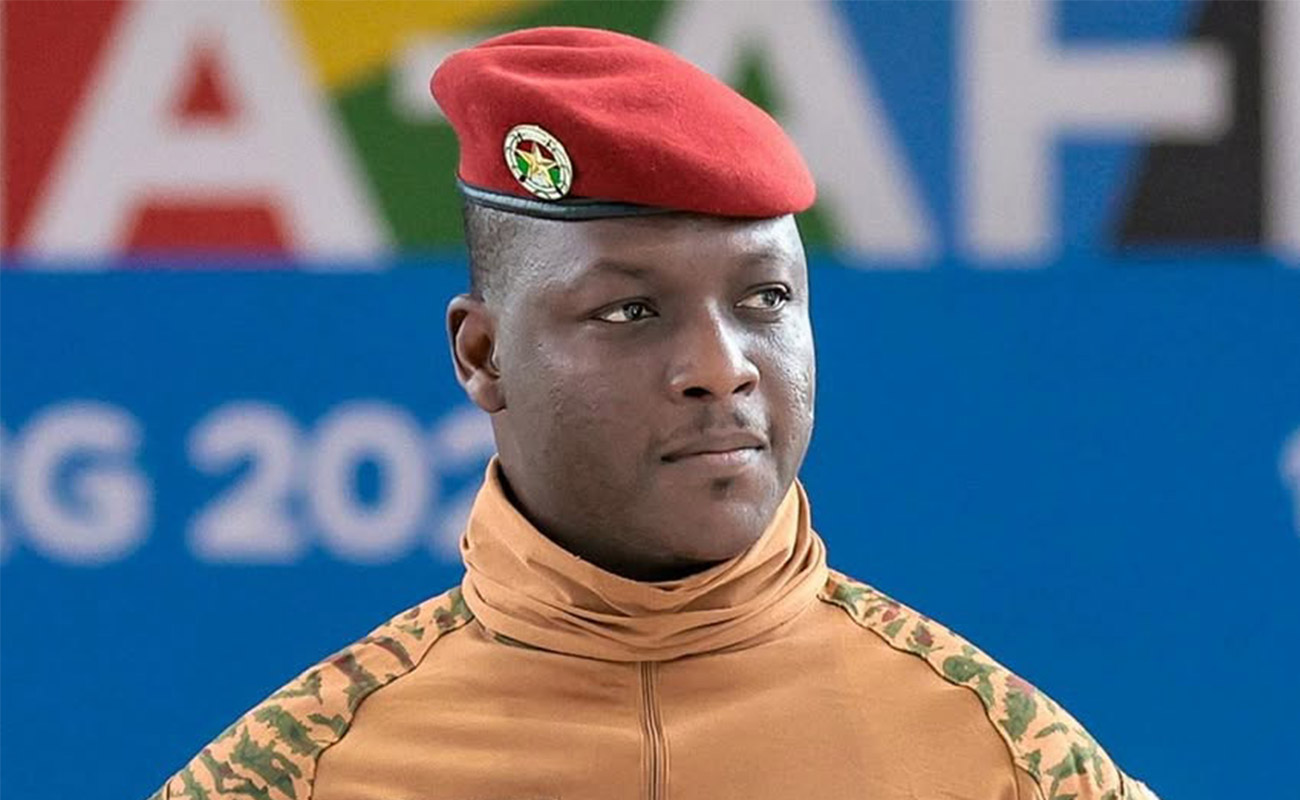
By Thomas Matthewson
In October, 2024, Ibrahim Traoré, the interim President of Burkina Faso, announced plans to revoke mining permits held by foreign companies and increase domestic gold production, claiming “We know how to mine our gold, and I don’t understand why we’re going to let multinationals come and mine it”. This was made during a radio address, on the two-year anniversary of Traoré’s rise to power in a coup in 2022, which reinforces the possibility this could have been a symbolic act. Gold mining is Burkina Faso’s primary export, accounting for 77% of exports and 16% of GDP as of 2024, according to the World Bank Group Open Knowledge Repository.
However, Traoré doesn’t appear to have followed through on this. Recently after the alleged plans were announced, Canadian company Fortuna Mining claimed that the government did not plan to withdraw its existing mining permit. Other companies continued to insist that they were safe for the time being.
Perhaps other individuals in his circle advised or convinced him not to follow through on this plan, possibly because of economic concerns.
That said, this isn’t the first time that Traoré has said one thing but did another. He has previously expressed intentions to reject loans from the World Bank and the IMF. However, a fact check pointed out that a June 2024 IMF ft report claimed there was a total of US$ 63.4 million of support from the IMF to Burkina Faso.
I do not have a strong opinion on whether foreign mining firms or multilateral loans are good or bad for Burkina Faso. I can understand the rationale behind dismissing foreign firms. Every state has the right to pursue greater economic autonomy for better or worse. I would also emphasize a common criticism of the Bretton Woods institutions: that their imposition of austerity measures has weakened many African economies.
My issue with the interim President lies not so much with his policies or proposed plans, but rather his lack of respect for transparency and accountability. If you are going to revoke the mining permits of certain foreign companies, then do it. That would arguably send a stronger message and have a more meaningful impact. Foreign leaders might also take Traoré more seriously.
He is bold. That’s great. He is often compared to Thomas Sankara, Burkina Faso’s former and first President, and a widely recognised figurehead in African history. That’s also great. But one man’s glory shouldn’t take the centre stage over transparency and going ahead with policy decisions.
A potential way forward is therefore to promote transparency and policy proposals. For example, an independent commission of experts could be established by Burkina Faso to investigate the economic advantages and disadvantages of mining firms in the country. The commission could then produce a series of reports, suggesting which companies should have their permits removed (and if they should).
Of course, this proposal sounds ambitious when the Junta’s commitment to democracy is questionable. As my colleague Adam Abass outlined in his blog titled Five years on, How Central Sahelian Juntas are gripping onto power, ‘the juntas continue to extend their rule, raising concerns about the prospect of a return to democracy’.
Burkina Faso is no exception, and the Junta has continued to delay the rollout of elections to elect a civilian government back into office. As implied in this article, Traoré has announced plans ambiguously, appearing to follow through on some intentions but not others.
That said, in my opinion, democracy and transparency are strongly related but can be seen as two separate tools for change. A good start for Burkina Faso might be to proactively publish more, and more detailed, reports, as well as holding press briefings. This is difficult when reporters in the country face challenging conditions and serious threats, but there’s no reason why this can’t be improved.
It would appear some effort is being made.
For better or worse, Traoré needs to follow through on his agenda. To demonstrate that he truly wants what is best for his country, then he must prove he is not there to maintain power.
It has also been suggested that Traoré feels world leaders don’t take him seriously enough. Perhaps if he was clearer with his policies and followed through, this would be different.
